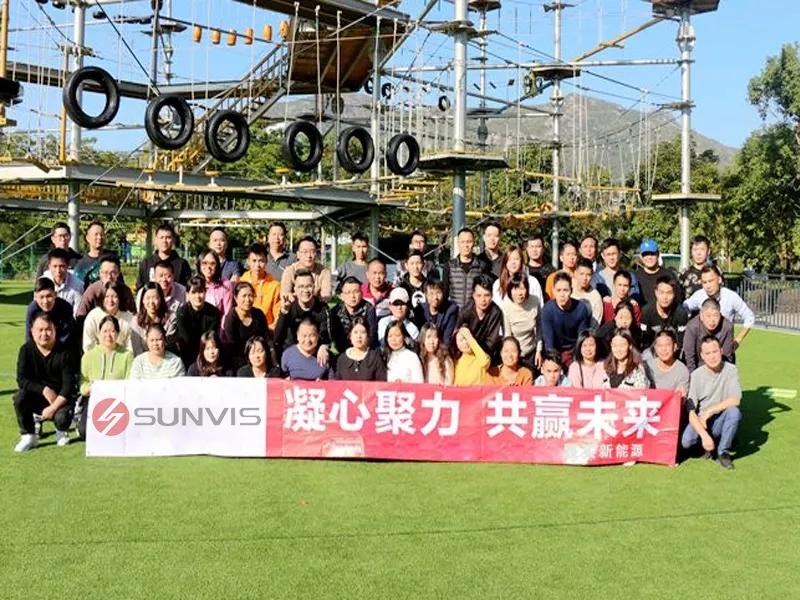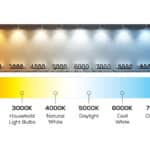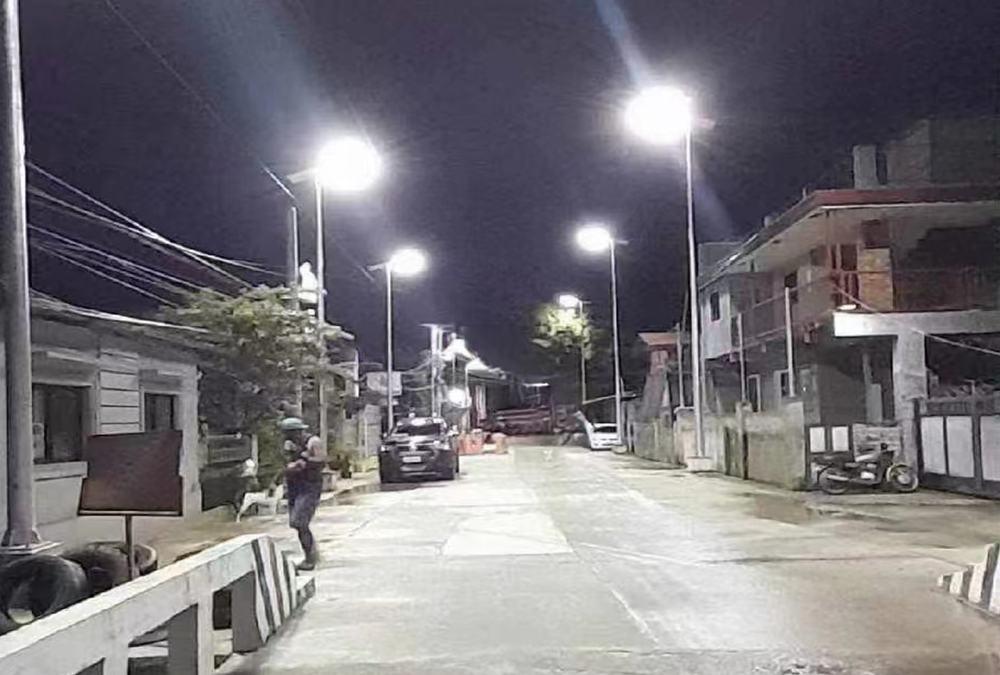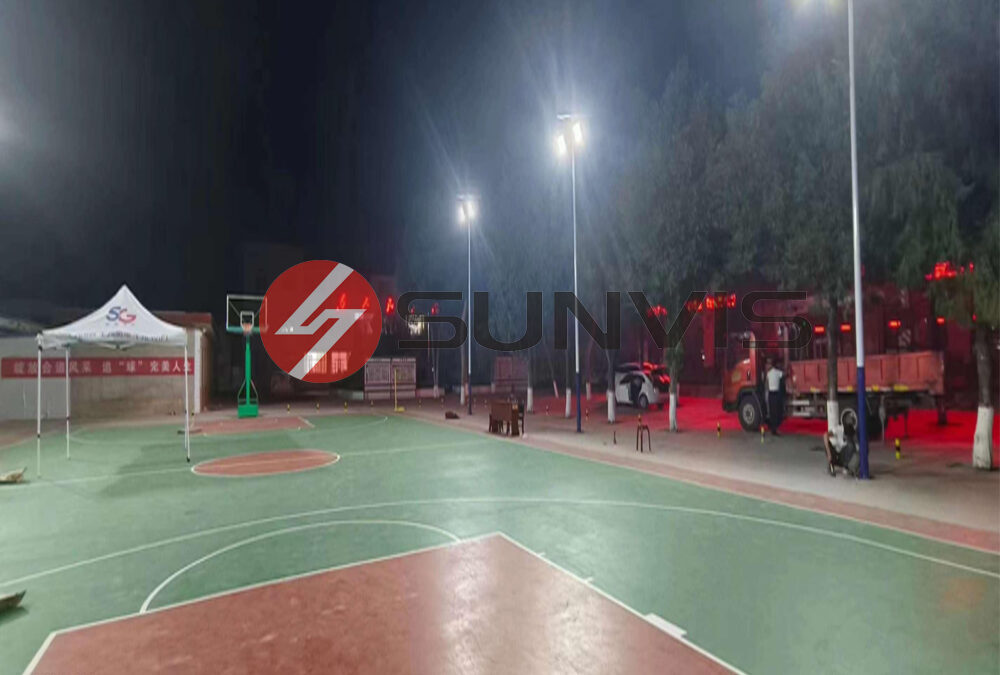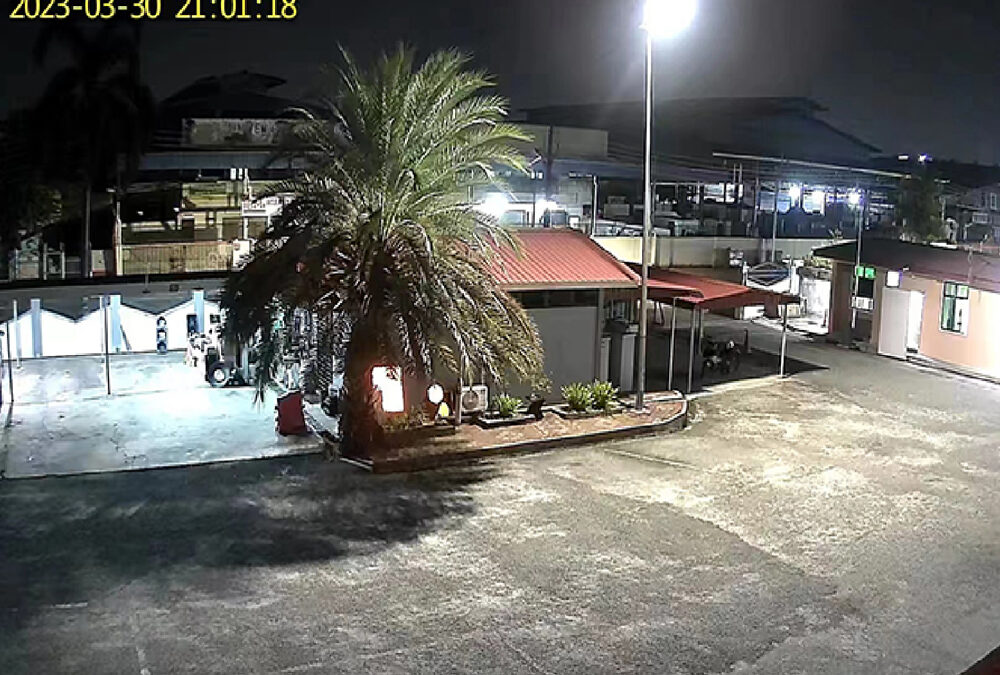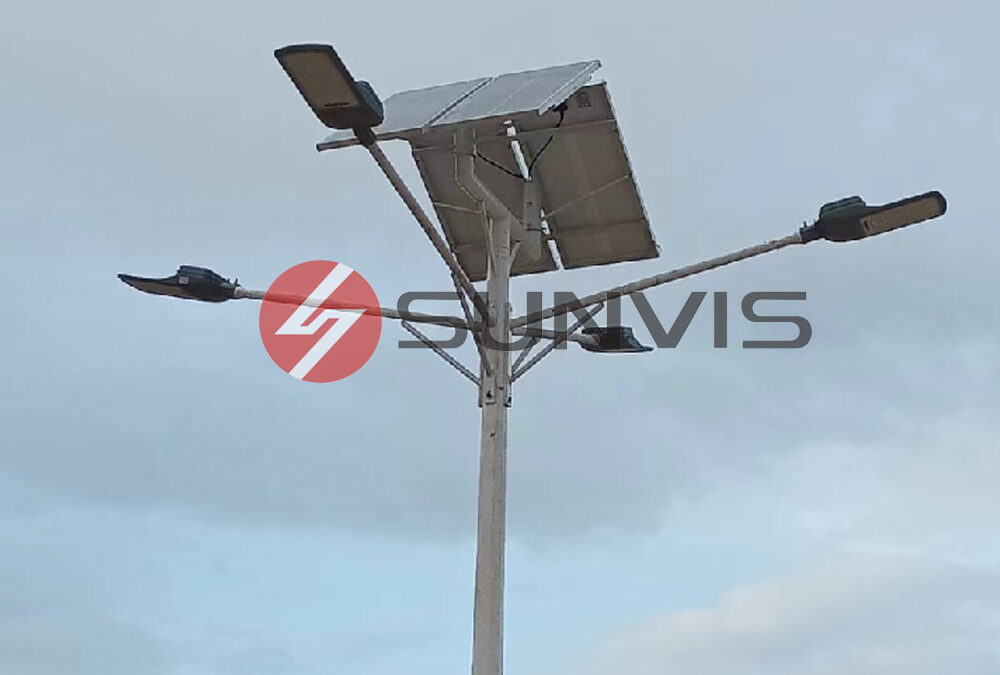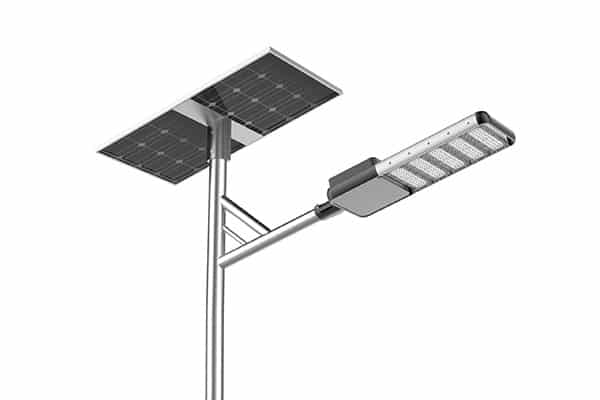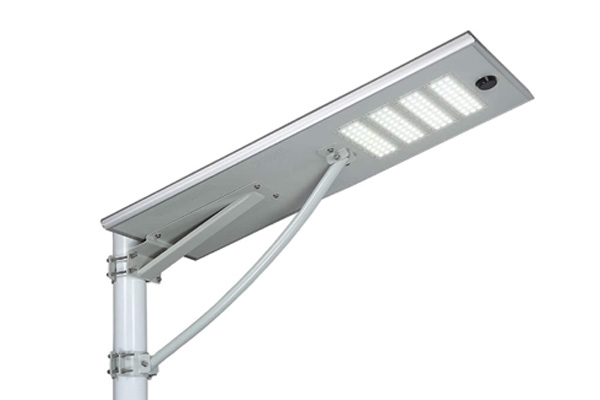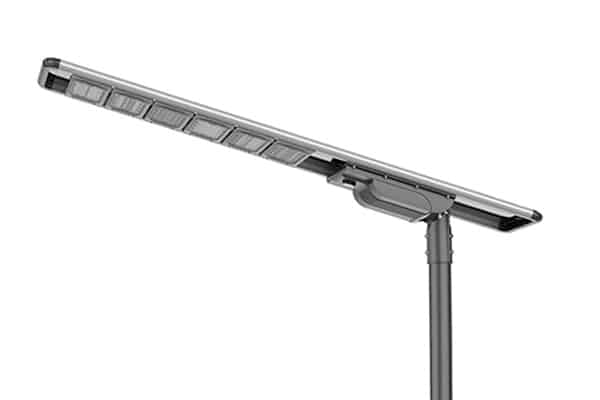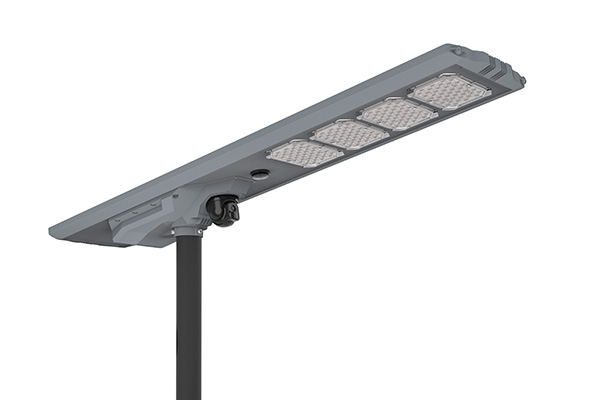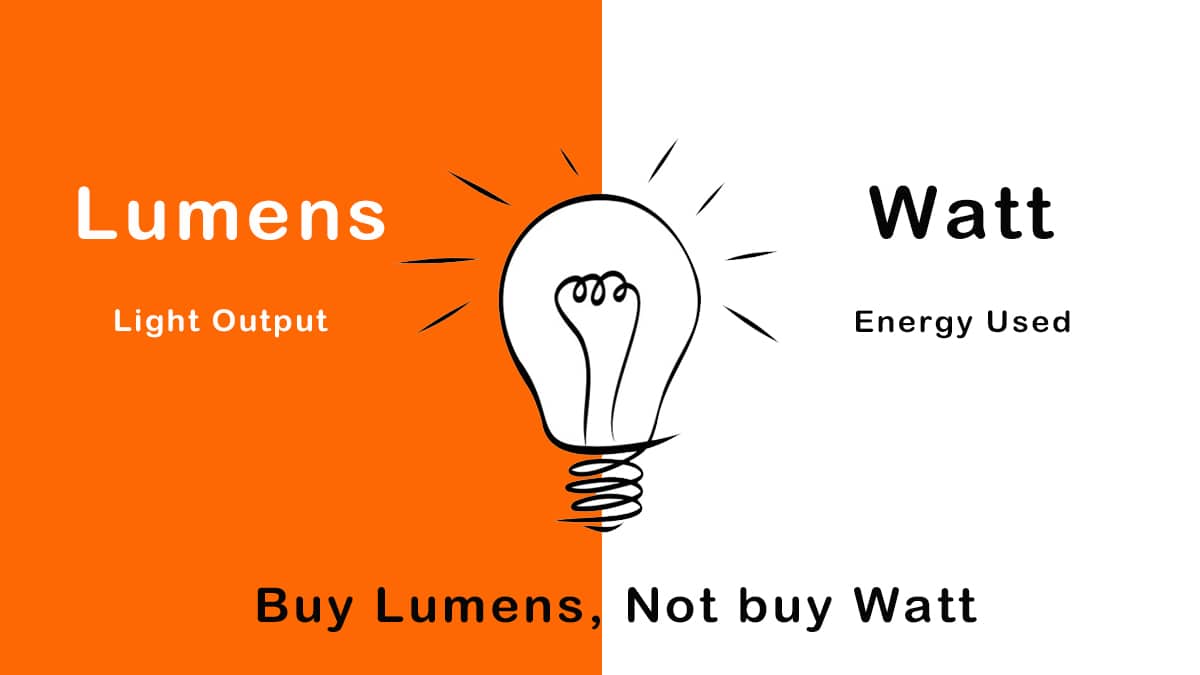
8Introduction:
When it comes to choosing the right lighting for your needs, understanding the difference between lumens and watts is crucial. In the past, wattage was used as a measure of brightness for incandescent bulbs.
However, with the rise of energy-efficient lighting options like LEDs, lumens have become the standard metric for determining brightness. This article will explore the relationship between lumens and watts, explain their differences, and provide insights on selecting the most energy-efficient bulbs.
Lumens vs. Watts: An Overview:
Lumens represent the total amount of light emitted by a bulb, regardless of the type or wattage, while watts measure the power consumed by the bulb. Comparing the number of lumens is essential when transitioning from incandescent to LED bulbs, as the same level of brightness can be achieved with lower wattages. To clarify this concept further, let's delve into the details.
Estimating light output:
In the past, estimating brightness was simple; a higher wattage indicated a brighter bulb.
However, with the introduction of LEDs, halogens and CFLs, using wattage alone is no longer enough. These newer bulb types offer different light efficiencies, making it challenging to compare brightness based on wattage alone.
For example, a 100-watt incandescent lamp, a 9-watt LED lamp, and an 18-watt CFL - can you say which lamp is brighter? This is difficult because in the case of different types of lamps, the wattage only indicates the power consumption.
Introduction of lumens:
To make it easier to more accurately compare the light output of different types of bulbs, manufacturers are now printing power and lumen parameters on the packaging or on the product.
Lumens provide a direct measure of the light emitted by a bulb, independent of the type or wattage of the bulb.
They provide a reliable indicator of how well a bulb performs in terms of brightness.
Keep in mind that a higher lumen value signifies a greater amount of light emitted, but it does not necessarily translate into a higher wattage requirement.
Comparing lumens and wattage:
When comparing LED bulbs to other types of bulbs, checking the packaging or product parameters is key.
Look for lumen output and wattage information. By comparing lumen numbers, you can determine if the bulb will emit a similar amount of light.
In addition, reviewing the wattage requirements allows you to evaluate the energy consumption of each bulb.
With these two numbers, you can easily determine the brightness and energy efficiency of a bulb.
To optimize energy savings, choose a bulb that has the desired light output with the lowest wattage.
The following Lumens to Watts Conversion chart provides a comparison of brightness between different lamp types:
| Lumens to Watts Conversion Chart | |||
| Lumens | Incandescent Lamp Watts | Halogen Lamp Watts | LED Bulb Watts |
| 150 | 10 | 6 | 3 |
| 375 | 25 | 20 | 5 |
| 450 | 30 | 25 | 7 |
| 800 | 60 | 45 | 9 |
| 1100 | 75 | 60 | 12 |
| 1600 | 100 | 90 | 15 |
| 2600 | 150 | 145 | 27 |
| 3000 | 200 | 175 | 30 |
For example, if your goal is to replace a 100W incandescent bulb, choose an LED bulb with about 1600 lumens(15W LED Bulb) to achieve comparable brightness.
Understanding LED Street Light brightness:
When transitioning to using lumens as a measure of brightness, it can be helpful to have approximations as a reference. The following approximation provides a comparison between watts and lumens for different watt luminaire types:
LED Street Light Lumens to Watts Conversion Chart
| LED Street Light Watts | Lumens |
| 20W | 3400Lm |
| 30W | 5100Lm |
| 50W | 8500Lm |
| 60W | 10200Lm |
| 80W | 13600Lm |
| 100W | 17000Lm |
| 120W | 20400Lm |
Significance in Solar Lighting:
In solar lighting systems, both lumens and watts play a crucial role. Because the wattage determines the solar panel power requirement of the solar lighting system, the higher the power of the lamp, the higher the solar panel power required, as well as the higher the battery capacity, so the corresponding cost is higher.
And lumens determine the amount of light emitted by the lamp, that is, the brightness of the lamp.
A more efficient lamp with a lower wattage can also have a higher lumen output, which will greatly contribute to the energy efficiency of the solar lighting solution.
By considering lumens and wattage, the overall cost and performance of a solar lighting system can be optimized.
The Current State of the Solar Light Market
Once we understand the relationship between watts and lumens, we can observe the solar lamps on the market.
You may find that there are many inexpensive but exceptionally powerful integrated solar lamps.
For example, some suppliers tell you the power of the lamp is 200W, 300W, 500W, or even 1000W, 3000W, but they will not tell you how many lumens the lamp has.
Then these lamps really have 200W, 300W and 500W? The answer is no, the actual power of these lights is about 10W, the actual brightness is very low. Here is the solar street light lighting effect of 300W lamp produced by poor quality factory and 80W solar street light lighting effect produced by SUNVIS.

Low Quality 300W Solar Street Light by Competitor
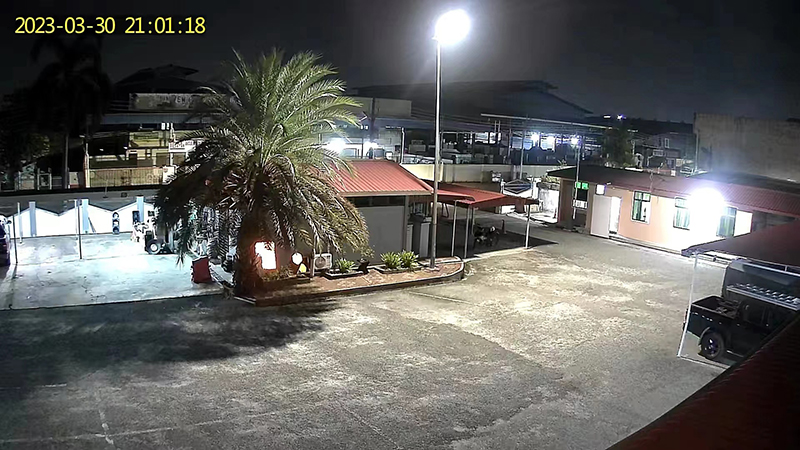
80W Solar Street Light was Installed on 10M Pole by SUNVIS
So, when you choose a solar street light manufacturer, be especially careful and don't be happy for the momentary low price.
Conclusion
Understanding the difference between lumens and watts is critical to choosing the right lighting solution for your project. By relying on lumens to measure brightness rather than watts, consumers can accurately compare the light output of different types of bulbs. the adoption of LED lighting has revolutionized energy efficiency, allowing for better lighting at significantly reduced wattage requirements.
So when you're choosing LED products, keep in mind that "Buy lumens, Not buy watts."

